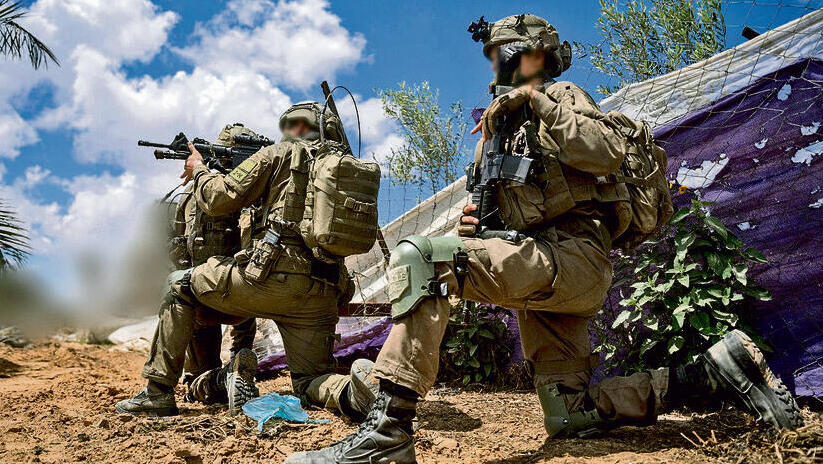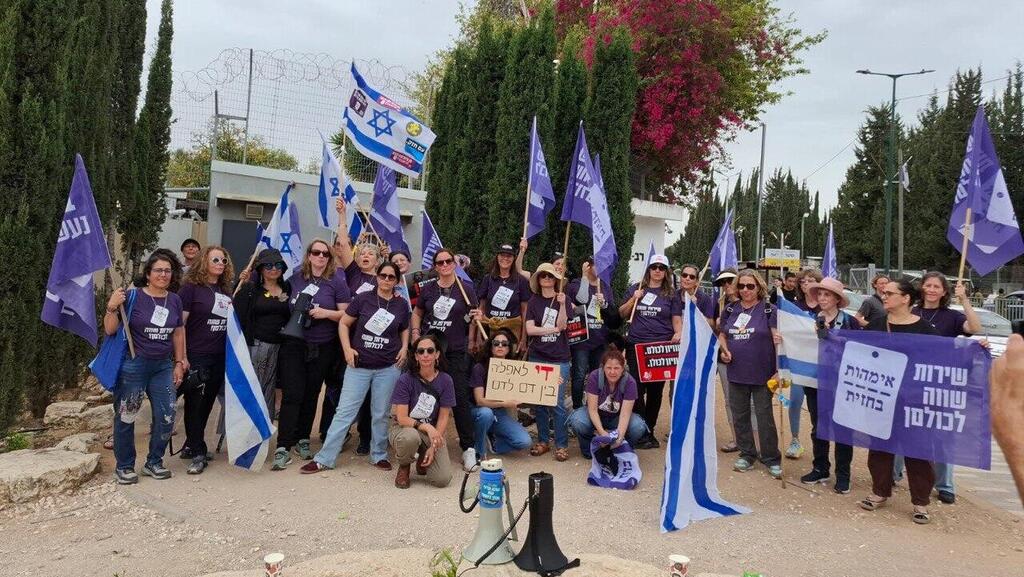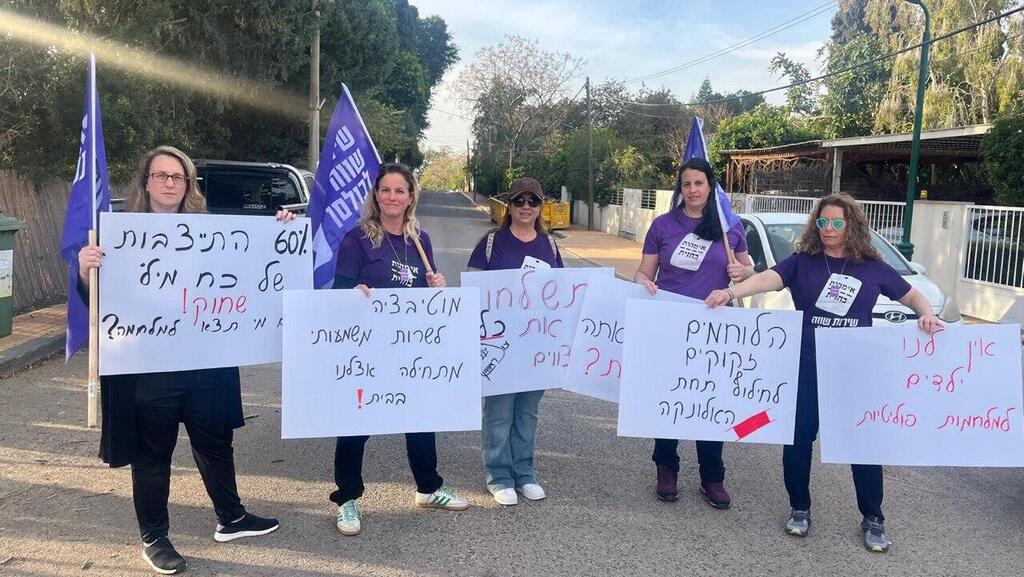After nearly two years of continuous fighting in Gaza, IDF combat soldiers are speaking out about the toll the war has taken—physically, mentally and emotionally. In rare and candid testimony, several servicemen describe burnout, frustration with unclear objectives and disillusionment as they near the end of their mandatory service, only to face immediate reserve duty.
‘No one knows how long this will last’
Shahar (assumed name), an infantry soldier now in the final four months of his extended three-year mandatory service, said the initial energy and purpose of the war have given way to exhaustion and uncertainty.
IDF operations in Khan Younis
(Video: IDF Spokesperson's Unit)
“At the beginning of the war, we were full of energy,” he said. “I was ready to miss my sister’s bat mitzvah just to be part of the operation. When we were moved to the north, we still felt what we did was significant. We saw schools reopening, shopping centers coming back to life. We were proud.”
That pride, he said, collapsed when the ceasefire ended and combat resumed in Gaza. “That was our breaking point,” Shahar said. “No one knows how long this will go on. Everyone’s worn out. And the uncertainty—that’s the hardest part.”
Despite the fatigue, he said, camaraderie keeps him going. “After two days in Gaza, you stop thinking about the mission. You just think about your friends and how to protect them.” Shahar is expected to join the reserves immediately after his release. “I’m exhausted,” he admitted. “First I’ll finish these last four months, then we’ll see.”
‘We’re stuck, waiting for something to happen’
Noam, another infantry soldier set to be discharged in December, recalled the intense motivation at the start of the war. “Saying morale was high doesn’t begin to describe it,” he said. “Everyone wanted to get into Gaza and make a difference. No questions asked.”
But by January 2024, however, something shifted. “The fire started to fade. We went from offensive missions to defensive ones. We felt stuck—just waiting around. That’s been the state for a year. It’s frustrating. You start questioning the goals and whether this war still has meaning.”
Noam criticized what he called a disregard for soldier safety. “You start hearing things like ‘munition economy’ and realize your life doesn’t seem to matter much. They say it’s more important to save money on bombs than to keep a soldier from walking into a booby-trapped house. I give everything—my body, my life—and that’s what I get?”
Get the Ynetnews app on your smartphone: Google Play: https://bit.ly/4eJ37pE | Apple App Store: https://bit.ly/3ZL7iNv
He said the mental toll is widespread. “I tell friends I woke up soaked in sweat from a nightmare and they say, ‘Welcome to the club.’ It’s become the norm. Everyone’s carrying some form of trauma. Ask any mental health officer when it’ll pass—they’ll say, ‘When you take off the uniform and stop walking through fields full of triggers.’”
Still, Noam is also slated for reserve duty immediately after his discharge. “It’s incredibly frustrating,” he said. “We want to take a break, reset mentally and physically. We’re fighting for life, not for war. But it feels like this will never end. You just know you’ll never really have a peaceful life.”
‘We’re not who we were at the start’
Amir, a tank crewman more than halfway through his mandatory service, said the relentless pace and intensity have changed him and those around him. “The burnout is from the length and volume of events. We’re not the same people we were before,” he said.
“There’s been a big drop in motivation and alertness. People don’t take the threat as seriously anymore. Mental health has deteriorated badly—people have tried to harm themselves, they can’t sleep at night.”
Last week, two tank soldiers were jailed after refusing to continue fighting due to exhaustion. “People genuinely can’t do it anymore, especially in tanks,” Amir said. “There’s no break—you go in, come out, clean and fix the equipment, then go back in. I understand them. Some of my friends are seriously considering the same.”
He blamed the strain on manpower shortages. “It’s sad they’re not recruiting more combat soldiers. They just keep extending our service. People are worn out and that leads to mistakes. I know countless cases where an ‘accident’—a blast, a vehicle malfunction—was actually caused by exhaustion.”
‘Outside the army, the country is tearing itself apart’
Ben, a soldier in an elite reconnaissance unit, will complete three years of service in December. He’s disheartened by the divisions he sees back home after spending weeks on the front lines. “My team is made up of people from totally different backgrounds and we get along incredibly well,” he said. “But outside the army, everyone’s fighting.”
He too will join the reserves right after discharge. “It’s scary,” he said. “We want to start our lives but we know the army can call us back anytime. They won’t really let us go. I see how hard it is on the reservists in our unit—they have to put their lives on hold. That’s going to be us soon.
“It’s frustrating that people don’t realize how hard this is. Over time, they’ve forgotten. It feels like they think we’re machines, not human beings.”
Israeli advocacy group “Mothers on the Frontline” is lobbying in the Knesset and with military officials to raise awareness of the toll on regular army soldiers.
Agamit Gelev, a leading activist with Mothers on the Frontline, said the situation is deteriorating. “Dozens of mothers have reached out recently in distress, saying their sons are exhausted and showing signs of trauma,” she described.
“While reservists get breaks, active-duty soldiers are trapped in a prolonged cycle of combat. The wear and tear is visible—poor performance, lack of alertness, psychological symptoms that will follow them into civilian life.”








